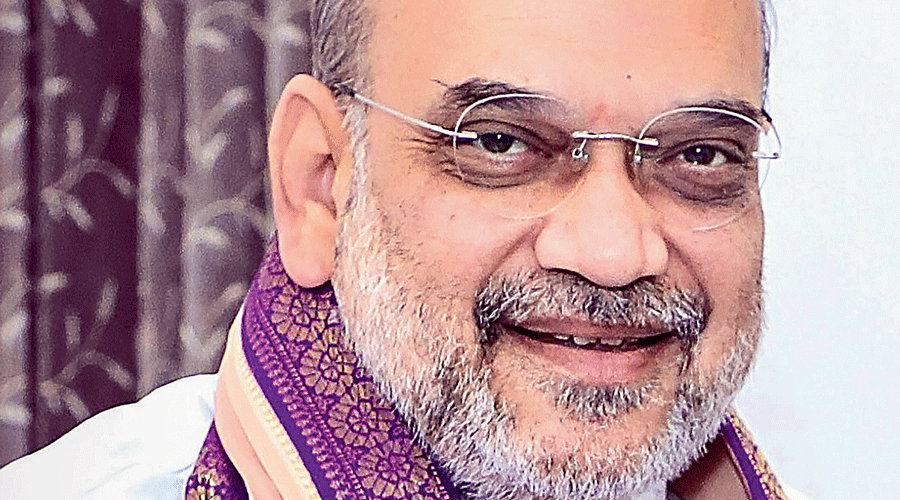Last week, the Union home minister, Amit Shah, told a rally in Kashmir that the government of Prime Minister Narendra Modi was keen on listening to the people of the region but not to Pakistan. If Mr Shah meant to signal a change in the government’s approach to Kashmir, his comments are welcome. Without evidence of such a shift in approach, however, the Centre must face a simple truth test: has it been listening to ordinary Kashmiris? The answer, sadly, is a resounding no. Since the start of its second term in particular, Mr Modi’s government has repeatedly taken steps that have fundamentally changed Kashmir’s political, economic and demographic landscape, all without even the fig leaf of consultations with local stakeholders. In August 2019, it overnight abrogated Jammu and Kashmir’s special status as a semi-autonomous state. It even took away the region’s statehood. Local political leaders were locked up and limitations on the movements and political activities of many among them remain in place. The Narendra Modi regime has also cracked down on internet services in Kashmir for months, turning it into an information black hole. Several Kashmiri journalists have been arrested and harassed under draconian national security laws on apparently spurious evidence, further restricting the space for democratic conversations.
Most of the steps on Kashmir by Mr Modi and his government have been justified on the grounds of peace and security. Yet, Kashmiri Hindus, who returned to the Valley trusting the Centre’s assurances, have faced increasing attacks from terrorist groups. Meanwhile, the government’s failure to hold elections until now further calls into question its claims of having improved the security situation in Kashmir. Instead, New Delhi has pushed through a controversial delimitation exercise that appears to discriminate against Kashmir while disproportionately increasing legislative assembly seats for Hindu-majority Jammu. Those actions are hard to square with the claim of wanting to listen to Kashmiris. On the contrary, Mr Shah also took jibes at the Gupkar Alliance, a group of Opposition parties in Kashmir, alleging that they wanted him to focus on talks with Pakistan. So were his comments aimed at political point-scoring or at communicating an openness to dialogue with ordinary Kashmiris? Is the latter even possible without also speaking with other democratic parties? And is talking to Pakistan necessarily a bad thing in the interests of peace? If the home minister genuinely wants to engage in an honest conversation with Kashmiris, he needs to complement his comments with meaningful confidence-building steps. Kashmiris have seen promises broken far too often for mere words to make a difference.










